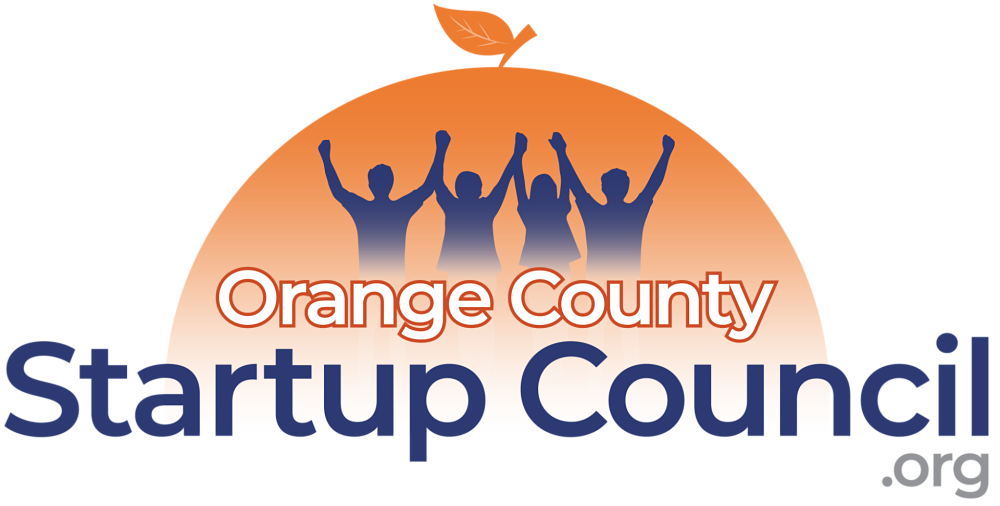The "Future of Work" with DAOs
An article we liked from Thought Leader Ben Schecter of RabbitHole:
The Future of Work is Not Corporate — It’s DAOs and Crypto Networks
In the future, it’s likely that the average person will not work for a company.
Instead, people will earn income in non-traditional ways by taking actions such as playing games, learning new skills, creating art, or curating content. This kind of shift in how we work is not unusual or unexpected — the idea that most people would be employed by large corporations would have seemed crazy to someone in the year 1800.
This new future of work is enabled by the networks that form around crypto protocols, which are emerging as new ways of coordinating, measuring, and rewarding contributions to complex ecosystems. This shift is already beginning to unlock new earning potential for individuals, and it is leading toward a growing transfer of value capture from organizations to people participating as individuals in crypto networks.
The traditional way to make money was “work-to-earn,” but the future of income is “x-to-earn” — play to earn, learn to earn, create to learn, and work to earn.
That won’t happen magically, however — it will require new decentralized autonomous organizations (DAOs) that can coordinate all this new activity outside the context of corporate systems. And the earning opportunities available in DAOs will be a function of the different types of contributions DAOs need. This article offers a framework for understanding the options that will be available in the future of work.
The limits of companies as coordination mechanisms
First, we need to explain the shortcomings of existing earning models. Traditional corporate employment is rapidly becoming outdated as a means for coordinating activity in the Information Age — we already see this in the emergence of alternative forms of earning such as influencers, contractors, creators, gig economy participants, and more. These ways of earning don’t necessarily feel like “work,” but they are all examples of people participating as individual value providers in complex networks, and earning income for their contributions.
However, these non-traditional opportunities are limited in number, and when available, often under-reward a contributor’s value. That’s because these jobs are still based in a web2 paradigm in which corporations continue to control the business model.
Increasingly, traditional corporations have “orbital stakeholders,” or participants that blur the line between internal and external members of the organization. Consider Apple and the developers that create App Store Apps, YouTube and creators, or Uber and their drivers — participants are contributing to companies’ bottom lines from the outside, but companies are having a difficult time aligning incentives with these stakeholders.
As companies grow, they are no longer able to maintain a sustainable relationship with these orbital network participants. The relationship between the company and the participants turns zero-sum, and in order to maximize profits, the company begins to extract value from these participants. This, according to Chris Dixon, is “Why Decentralization Matters”:
The model of a company having strict boundaries between internal and external may have made sense in the Industrial Age, but in the Information Age, this model leads to misaligned incentives and unsustainable extraction. In our world of complex information and orbital stakeholders, companies are no longer suited to help us coordinate our activity.
Crypto networks create better alignment between participants, and DAOs will be the coordination layer for this new world.
DAOs as a new coordination layer
DAOs will eventually replace the traditional model. A DAO is an internet-native organization with core functions that are automated by smart contracts, and with people who ...
Read the rest of this article at future.a16z.com...
Thanks for this article excerpt and its graphics to Ben Schecter, Operations Lead at RabbitHole.
Image by Gerd Altmann from Pixabay
Want to share your advice for startup entrepreneurs? Submit a Guest Post here.
